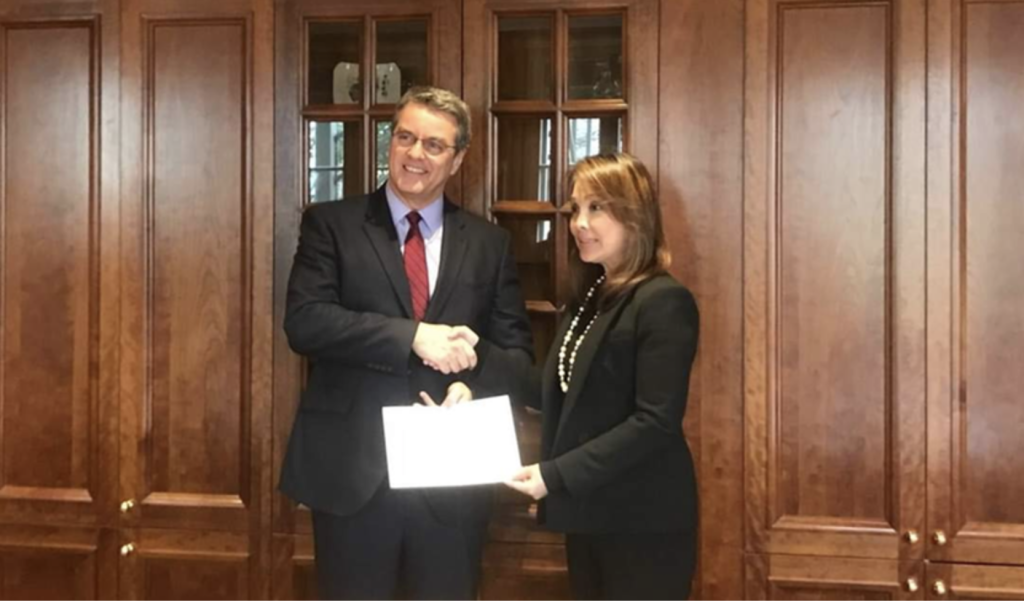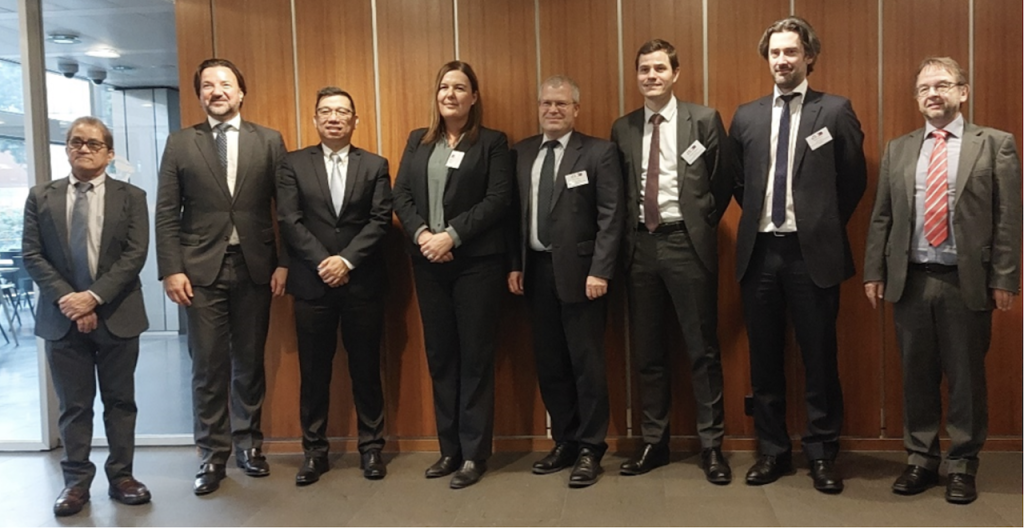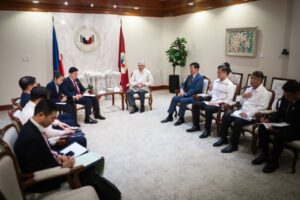Philippines will continue to boost strong foothold in the European region through the country’s Free Trade Agreement (FTA) with the European Free Trade Association (EFTA) Member States — Switzerland, Norway, Liechtenstein, and Iceland. This was reaffirmed by Department of Trade and Industry Secretary Fred Pascual in a recent press statement.
The FTA opens the gate for EFTA’s high-income market for premium and niche Philippine products when it entered into force on 1 June 2018.

Explaining the need to maintain commitment to strengthen economic ties with EFTA through FTA, Secretary Pascual said, “This agreement facilitates increased market access, reduction of non-tariff barriers, trade and sustainable development, and protection of intellectual property rights among others, which we see crucial for the Philippine economy.”
Since the FTA entered into force, the Philippines was able to turn around its perennial trade deficit with EFTA. In 2019, the Philippines posted a trade surplus of USD 47.12 million. This surplus further grew to USD 101.49 million in 2020 and USD 129.89 million in 2021 despite the COVID19 pandemic.
Total trade between the Philippines and EFTA likewise increased by 2.40% from USD 802.150 million in 2018 to USD 821.407 million in 2019. This further improved by 16% from USD 821.81 million in 2020 to USD 953.58 million in 2021.
With the FTA in place, around EUR 24.84 million worth of Philippine agricultural and industrial products were able to enter the EFTA market in 2020 with reduced or zero tariff rates. These Philippine products include tunas, desiccated coconuts, fruits and nuts, processed foods and other food preparations, pasta, malt products, vacuum cleaners, new pneumatic tires, and hairdressing apparatus.
On the investment front, Switzerland has been the country’s major partner in EFTA and a regular source of foreign investments in the European Region. From 2018 to the 3rd Quarter of 2022, IPA-approved Swiss investments totaled PhP 1.40 billion (or USD 25.865 million) in the following sectors: manufacturing, real estate activities, administrative and support activities.
From 2018 to the 2nd quarter of 2022, investments from Norway, Iceland, and Liechtenstein also amounted to Php 229.4 million (or USD 4.23 million) in the country’s financial and insurance, manufacturing, administrative, transportation, and storage sectors.
DTI conveyed that along with the PH-EFTA FTA, recent economic reforms, such as the opening of 100% foreign capital in renewable energy projects, will pave the way for more investments from EFTA to the Philippines, particularly in the energy sector.

Early this year, the Philippines and EFTA have confirmed during the Inaugural Joint Committee Meeting that FTA is working well and has no critical implementation issues to date over the five years of implementation, and both are determined to further improve their preferential utilization rates which were reported to be at 31% and 30% for 2020, respectively.
The PH-EFTA FTA online interactive web tool that will help Philippine and EFTA exporters maximize their preferences under the FTA was also officially previewed during the meeting.


